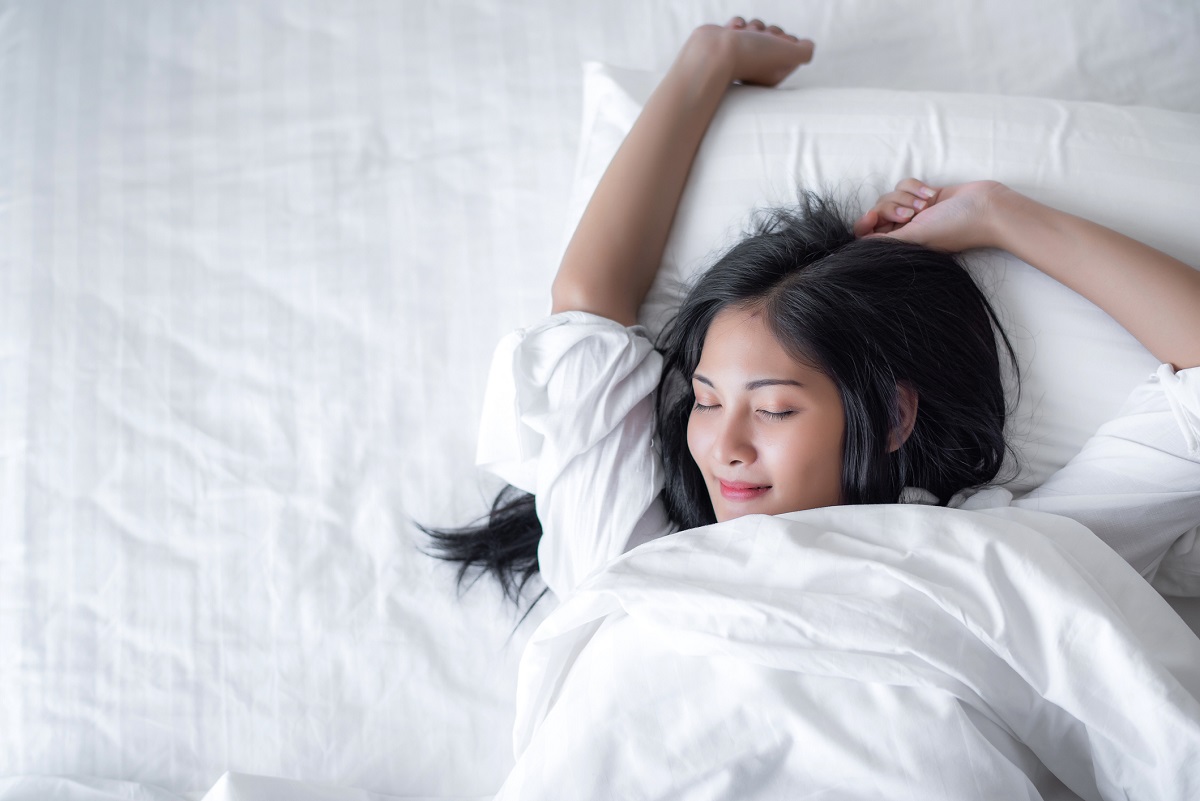The Medical Minute: How sleep affects your overall health

Most people know a good night’s sleep helps them feel refreshed and invigorated. But fewer realize how vital sleep is to their overall health and well-being. “In general, we tend to look at sleep as a luxury, but in fact, it’s an absolute necessity,” said Dr. Vera Guertler, a family medicine physician at Penn State Health Medical Group – Eastbrook.
According to the National Sleep Foundation, healthy adults should get seven to nine hours of sleep each night. People who do gain immediate health benefits. “Sleep helps people restore their immune function and develop resilience against both mental and physical disease,” Guertler said. “It’s critical to our longevity.”
Yet, for most people, getting a good night’s sleep is easier said than done. The American Sleep Apnea Association reports that 70% of adults say they obtain insufficient sleep at least one night each month, and 11% report insufficient sleep every night.
“A lot of people don’t realize how sleep deprived they truly are,” Guertler said. “They may think they slept for six hours when they really didn’t. Then they’ll prop themselves up with caffeine, maybe get a little irritable, and think that’s normal.”
The goal is to get to what the American Academy of Sleep Medicine calls Stage 4 sleep, also known as rapid eye movement sleep. It’s the deepest level of sleep that brings the greatest health benefits.
When the body doesn’t get enough sleep, the negative effects on health begin adding up. Daytime drowsiness, irritability and a decrease in work performance are some high-level indications that people need more sleep.
Sleep apnea is one of the most serious medical problems that robs people of restful sleep. It occurs when someone has overly shallow breathing (hypopnea) or stops breathing (apnea) during sleep. The number of times you suffer hypopnea or apnea a night determines the level of severity, from mild (5 – 15 episodes per night) to moderate (15 – 30 episodes per night) to severe (more than 30 episodes per night).
A sleep study—an overnight test that measures a person’s heart rate, oxygen saturation and other levels—is the leading way to diagnose sleep apnea. Continuous Positive Airway Pressure (CPAP) therapy, which delivers a steady stream of oxygen during sleep, is the most common treatment. “I’ve had truck drivers tell me how using a CPAP has improved their entire quality of life,” said Guertler, a certified commercial motor vehicle examiner.
People looking to improve their sleep quality should use their bed for only two things: sleep and sexual activity. “Reading, chatting online, eating or watching TV in bed disturbs your sleep architecture,” Guertler said. Three other tips: go to bed at the same time every night, stay physically active during the day and avoid eating two hours before going to bed.
Barriers to getting a good night’s sleep include alcohol and certain medications (called benzodiazepines) used for treating anxiety. Alcohol relaxes the drinker at first but arouses him or her later, fracturing their sleep quality. “And many anxiety medicines will have a carryover sedation affect that can impair your ability to function,” Guertler said.
Some signs people aren’t getting enough sleep include snoring, depression, getting up often to urinate during the night or daytime sleepiness, such as falling asleep at a stoplight.
People who want to learn their current quality of sleep can take the Epworth Sleepiness Scale. It asks you to rate your sleep in several categories on a scale of 0–3. “If you get a score of seven or above, see a medical professional,” Guertler said.
Related content:
- The Medical Minute: When working from home equals lack of sleep
- The Medical Minute: Promoting healthy summer sleep routines for your family
The Medical Minute is a weekly health news feature produced by Penn State Health. Articles feature the expertise of faculty, physicians and staff, and are designed to offer timely, relevant health information of interest to a broad audience.
If you're having trouble accessing this content, or would like it in another format, please email Penn State Health Marketing & Communications.
